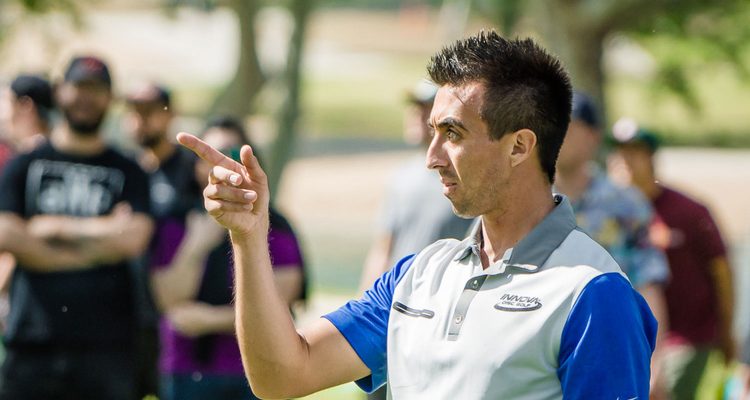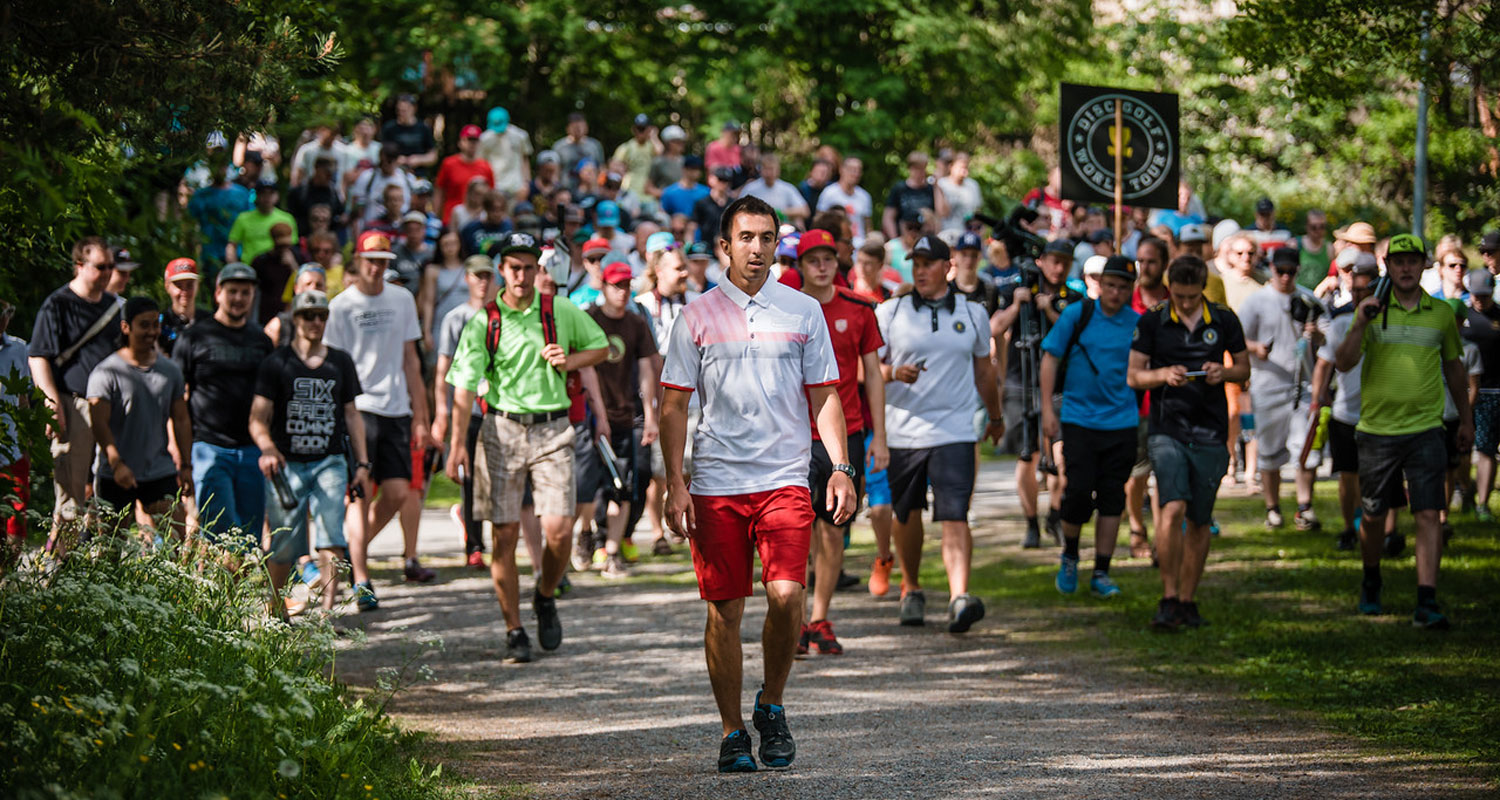McBeth Interview: Pro Worlds
Changing subjects, I asked Paul about the plans to split the Worlds in 2017, breaking the open class of players out for a separate tournament. This allows the players in the age-limited groups to also play in the open class — if all classes play at the same time, they can only play open or masters, as an example. Was he supportive of the upcoming split to the World Championships?
“Officially, I guess I sort of favor it. I really don’t have a big stance on this. I do think that the split could have some benefits. It may be better for spectators, and it thins down the playing crowd some. It’s also more fair to the masters players and other classes because they can play both in the open class and their age-limited classes.
“It’s probably better to do it now. The Worlds were growing so large that the split was going to happen at some time, anyway, just to be able to handle it. We might as well do it now.”
Behind the scenes, there are other changes being discussed in disc golf. And sometimes these changes are actually motivated by players such as McBeth and Wysocki. These two are tough to beat, and people have noticed that. It’s sort of hard to miss.
One of the changes is limiting tournaments to four rounds of play. The theory is that this will bring the competitive play closer in scores, on the basis that it is easier to beat a top player in fewer rounds — more play provides more time to recover from a bad round. It is also easier to manage a major tournament with fewer rounds, both from the perspective of the tournament director and the players.
Did Paul see this as a big change, and how did he feel about the length of major tournaments?
“First, I think that every major tournament should be four rounds on a difficult course. Maybe five rounds could work better for a tournament occasionally, or possibly a rare three, but more than five is too much and fewer than four is too little. A major tournament always needs to be on a hard course.
“The number of rounds and the round I’m in at that time does not really matter to me when I’m playing. I take every shot as it is. I am naturally more relaxed early in a tournament, and I might make a mistake or miss a throw, but not many. In the later rounds, I know the course better and where to place my shots, and it’s easier to bear down if I need it. I know what I need to do, and I just go out and play. At the end of the round, I’ll check the score, and sometimes I’ll surprise myself.
“Overall, though, every round is the same. I do not think that the number of rounds makes it easier or harder to beat me or any player.
“I wish that I could make every throw and play every round exactly as I want, with no mistakes. I wish that I could play the same throughout every round. That’s what I try to do. But that’s impossible, and I know that. I’m still going to try to come as close as I can. I’m always playing against myself.”
Changes affect all players, not just the two at the top. And, from McBeth’s perspective, it is not the round, it is the shot in front of him. That thinking automatically covers the score for the round, and it covers any competitor charging up on him.
In order for a change like this to impact a top player, you have to attempt to separate that person from the moment of time they choose to exist in by forcing them into your round-dependent time. I’m not sure that you can do that to Paul McBeth, and if you do, he will not stay in the time you want. He will move back to his time, his round, and his throw.












